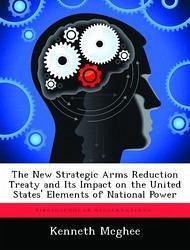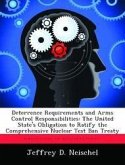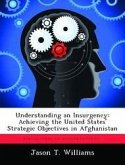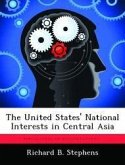As the Berlin Wall crumbled and the Soviet Union dissolved into fifteen independent states, another less visible change was occurring half way around the world. The geopolitical relationship between the United States (US) and former Soviet Union was also undergoing dramatic change following nearly a half century of nuclear weapon proliferation and brinksmanship. Central to this newly evolving relationship were nuclear non-proliferation treaties. Nuclear treaties between the US and the former Soviet Union have been instrumental in forging a positive geopolitical relationship between the two nuclear powers and shaping the US security strategy. While employed in the US National Security Strategy as a deterrent first and an instrument of battle second, nuclear weapons have been the impetus for international policy discussions between the US and Soviet Union. Their very existence has been useful as a tool to bring both nations together to discuss other significant issues. From 1991 to 2011, nuclear treaties have not only been used as a means to reduce the world's supply of nuclear weapons but also affect the global nuclear policies of our friends, allies and adversaries.
Hinweis: Dieser Artikel kann nur an eine deutsche Lieferadresse ausgeliefert werden.
Hinweis: Dieser Artikel kann nur an eine deutsche Lieferadresse ausgeliefert werden.








